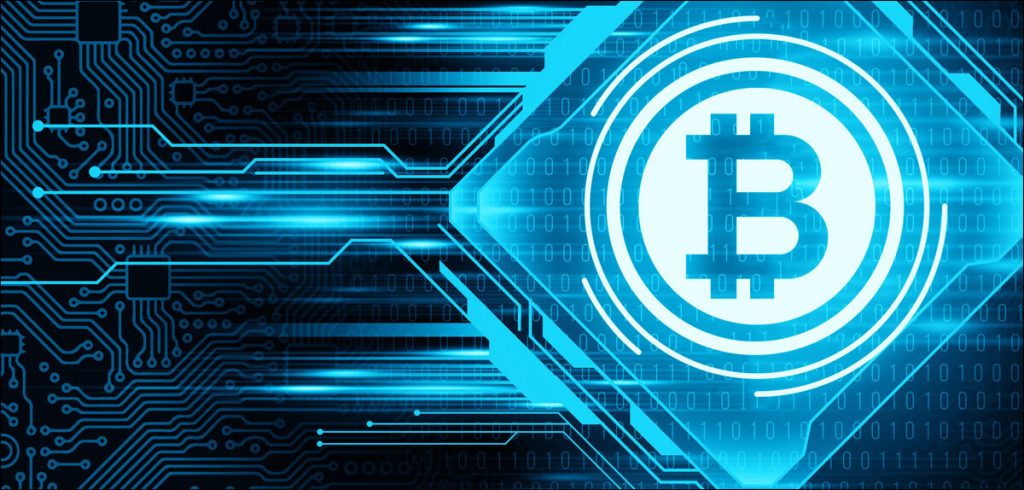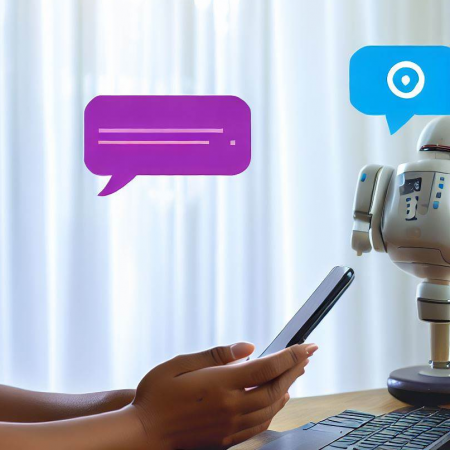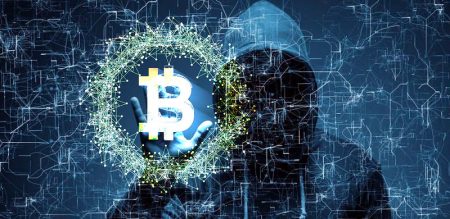Blockchain will add transparency to the AI system, enabling real-time decisions and ensuring timely planning for a better strategy.
Artificial intelligence (AI) is transforming how we consume and create data and information – but for both better and worse. AI is also now being used to create fake content, which begs the question of how we can trust what we hear, see, and consume on the Internet. Could we possibly leverage existing technologies to address this lack of trust? Interestingly, this is turning organisations into a technology that was once hailed as transformative but couldn’t catch on in business.
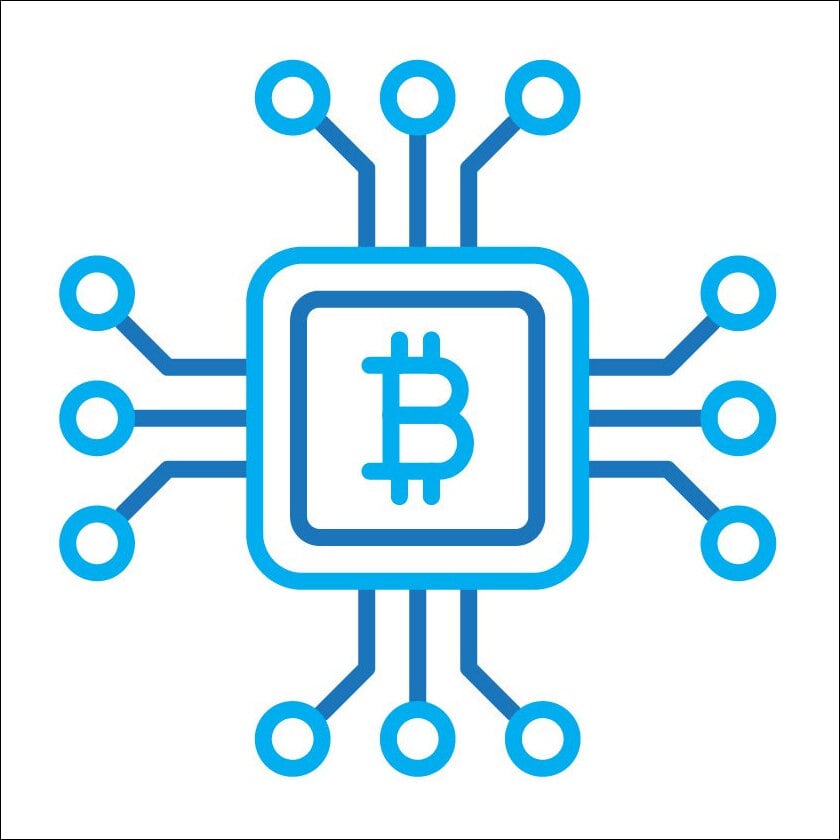
We’re talking about blockchain, an unchangeable, shared ledger that tracks assets and transactions in a business network. However, we’re more interested in its key features: decentralised data storage and transparent and immutable digital records. Since AI is typically opaque and centralised, blockchain could aid in offering insights, potentially providing accountability, privacy, and trust to AI. This article delves into how exactly this convergence could work.
High-Quality Data
A-enabled software and apps are slowly transforming business verticals by providing real-time patient data access. However, the one challenge they continue to face is limited access to data. AI could often not access data governed by other entities, and it is hard to look into data authentication. This frequently results in low-quality data, which ends up getting considered many times to predict the results.
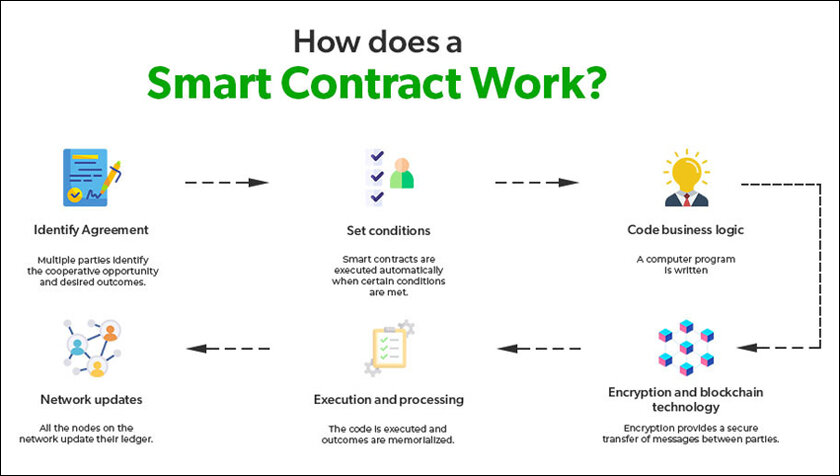
This is where blockchain can be very useful. Firstly, it can provide heaps of data that are not owned by any single entity, thus making it immutable and accessible to everyone. Moreover, it also ensures the implementation and compliance of certain specific analytics, data, and rules in a secure and sequential manner with the help of “Smart Contracts.” Since smart contracts possess blockchain’s immutable digital records, it could help us understand AI’s framework and the source of the data the AI is using, addressing the trust issue. The best bit? Overall, it enables access to high-quality data in real-time without compromising data security and privacy compliances.
Blockchain-based video marketplace MOBS is a platform for buying and selling smartphone videos. Once users put their videos up for sale, potential buyers, like marketers, looking for compelling footage can sift through to find what they need. Then, the MOBS blockchain creates a smart contract that directly apportions money to the content creator based on engagement views and rates. So, with the help of Smart Contracts, blockchain ensures that all the customer details, app data, and financial transactions are publicly accessible, immutable, and recorded in real-time. This results in fair, secure, and faster transactions and guarantees data accuracy and authenticity, thus eradicating the need for intermediaries.
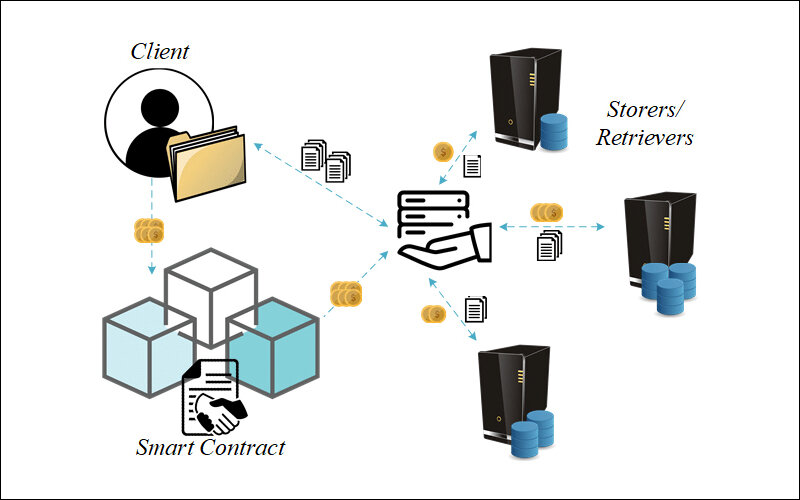
Decentralised Intelligence
One issue with existing AI-powered business models is data centralisation, which is why AI systems are unable to render the most accurate decisions. In this context, blockchain’s decentralised data storage can act as the perfect audit trail. It can show users how companies and other organisations employ their data. The idea is to enable frictionless access to information that is both shared and validated by all the stakeholders possibly involved in the network. So, if blockchains were to store and distribute AI models, the latter’s decisions could become more transparent and accountable due to being decentralised.
Take Numerai, for example. It’s a decentralised hedge fund where data scientists from the world over are constantly working on AI problems. It runs a blockchain-based stock market prediction competition, with scientists getting raw data on machine learning problems from the company and finally creating models based on it.
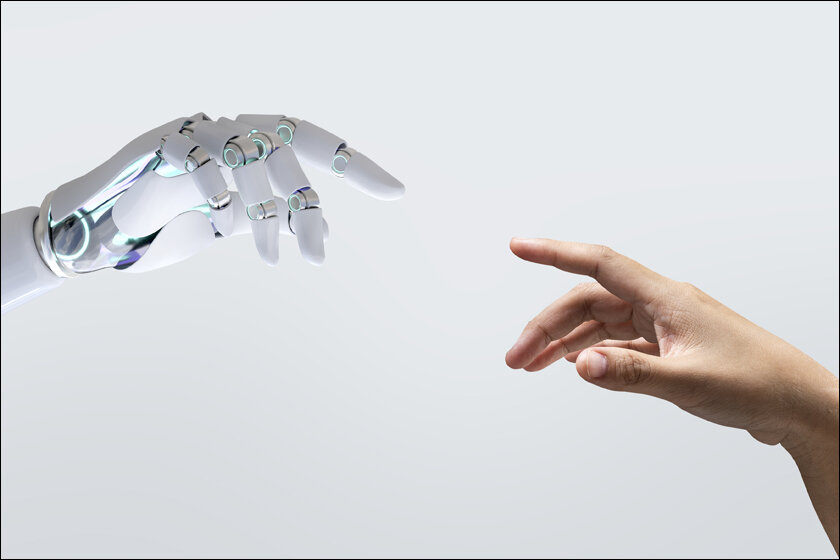
Authenticating machine vs. human contributions
In today’s world, where ChatGPT‘s use is increasing by the day, distinguishing between outputs crafted by AI and those generated by human intelligence is critical. Since AI optimises many daily work-related and advisory processes and operations, there’s an increasing need to evaluate whether the information has AI contribution or is human-generated. This is where blockchain and its use of Smart Contracts come in again. They’re useful for creating verifiable identities for AI/machine and human contributors.
OpenAI’s WorldID initiative is the perfect example of how smart contracts can be used to authenticate the origin of the contributors/contributions. Working as a “global proof of personhood”, WorldID allows for a clear distinction between AI and human-generated outputs, thus possibly addressing ethical concerns in domains like recognition and journalism and general apprehensions about accountability.
Computing Power
Since AI is very resource-intensive, centralised data centres might not always be able to handle the copious amounts of computational power they require. Blockchain’s distributed ledger technologies can help immensely by utilising the computing power of many machines. Bellevue, Washington-based digital asset-mining firm Core Scientific integrates AI infrastructure with personalised blockchain with current business networks, thus upgrading a company’s software, servers, and physical infrastructure in the process. Since AI can take up massive amounts of computer processing power, it ensures that the company-controlled AI and blockchain infrastructures always run at optimal efficiency to lessen time and energy consumption.
All said and done, blockchain will surely add transparency to the AI system, enabling real-time decisions and ensuring timely planning for a better strategy.
In case you missed:
- Re-examining Cybersecurity through Blockchain
- Let The Games Begin: All About Crypto Gaming
- Crypto Heists: How To Keep Your Cryptocurrency Safe?
- Zero Trust Architecture: The Next Big Thing In Security
- Everything you need to know about Pi Network
- Pi Day 2025: What Awaits The Pi Network on March 14th?
- Six ways hosted private cloud adds value to enterprise business
- IoT and its role in energy transition
- The Pi Mainnet Launch – What It Heralds For The Pi Coin and Pioneers
- Top Digital Transformation Trends For 2024



